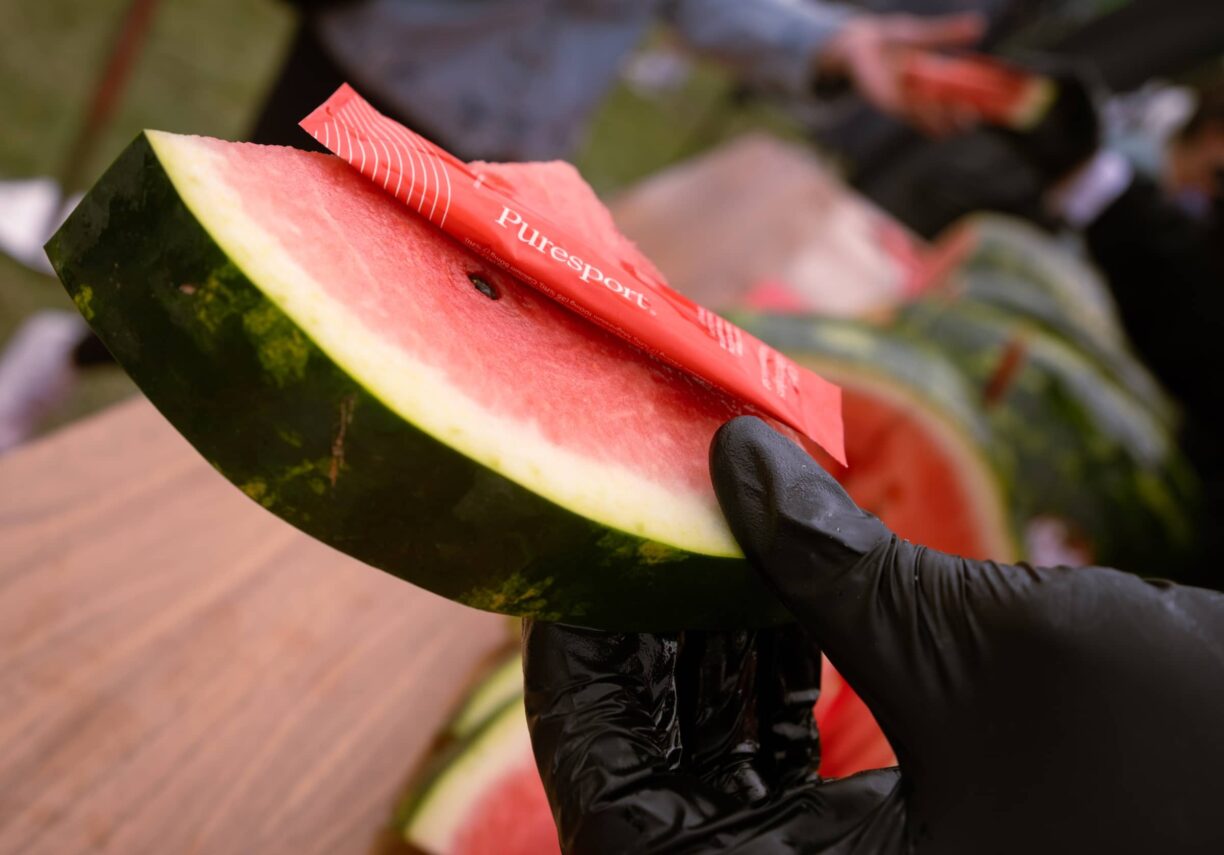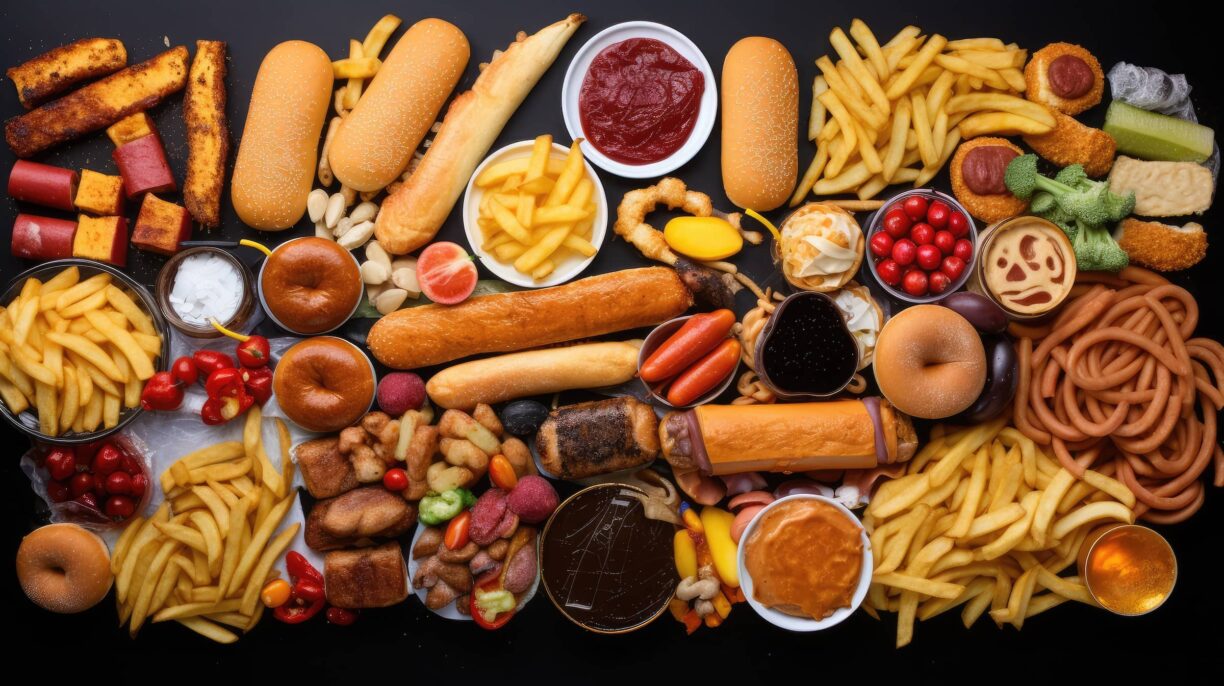If you’re wondering how to lift your spirits on Blue Monday – known to be the most depressing day of the year following the theory that we’re all cold, skint, and riddled with guilt that our New Year’s resolutions have fallen by the wayside – renowned nutritionist Rhiannon Lambert with Remedy Drinks are on hand to identify a selection of food and drink to help support your mood, so that you can eat and drink yourself happy.
“There is a genuine link between food and mental health,” says Rhiannon. “Your gut, which consists of no less than 100 trillion bacteria, has its own nervous system called the enteric nervous system (ENS) and, while its main purpose is to regulate digestion, it also has a strong connection to the brain and can have a major impact on your mental wellbeing.”
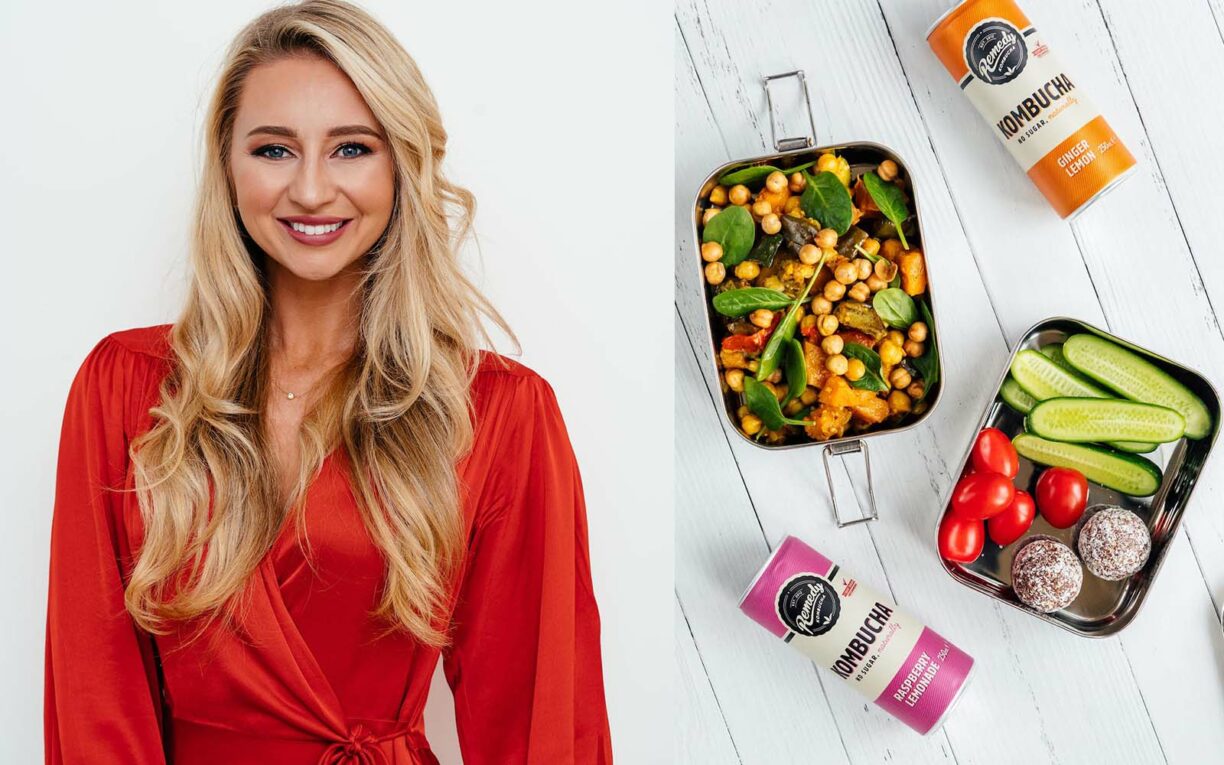
To help keep you smiling this Blue Monday, Rhiannon has shared her tips on the food and drink that you should be reaching for.
Bananas: “These contain serotonin, our happy hormone, which can help stabilise our mood, feelings of wellbeing and happiness.
They’re also high in potassium, which affects mood and mental energy. A banana a day really can help support our mood! You can also find tryptophan, which is needed to make serotonin, in foods such as oats, cottage cheese, turkey, eggs and tofu.”
Dark Chocolate: “The N-Acylethanolamine – a type of fatty acid derivative that can be found in dark chocolate and which is chemically similar to cannabinoids – is associated with the brain’s mood and reward cycle.”
Ferments: “Fermented food and drinks have been around for thousands of years and are really good for you – think kimchi, kombucha, sauerkraut, tempeh, miso and natural, unsweetened yoghurt.
These types of foods feed the beneficial bacteria in the gut, which produce short-chain fatty acids to support the communication loop between our brain and gut. This can improve mental clarity and positive state of mind.”
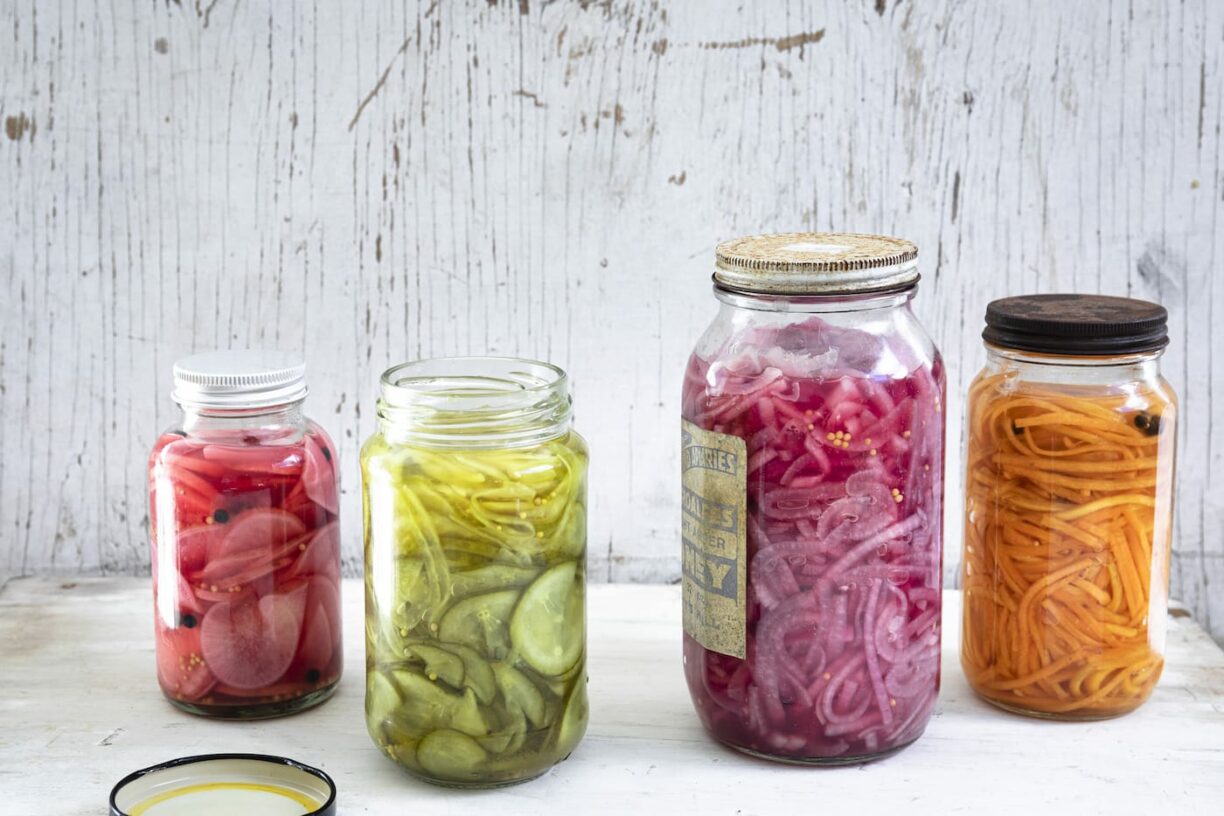
- “Kefir is fermented with lots of good bacteria so by consuming it, you’ll be getting gut-aiding help and also adding tryptophan into your diet, which is an amino acid that helps produce our happy hormone, serotonin, when paired with a carb.”
- “Kombucha is a tasty, alternative way to include ferments in your daily diet and reduce overall sugar. My go-to is Remedy Kombucha, which is completely free of sugar and full of live cultures, organic acids and antioxidants.”
Green Leafy Veg: “Scientists of the DASH diet – which is an eating plan to help lower or control high blood pressure – have found that green leafy veg may help protect our brain from deterioration and keep us feeling sharp.
Antioxidants, which are found in green, leafy veg, are substances that also mop up potentially dangerous compounds known as free radicals in the body – this leads to less oxidative stress on the body, which may have a preventative role against depression. They’re also rich in magnesium, which is a mineral that assists muscles and nerves in relaxing.”
Walnuts: “Studies have shown that these contain omega-3, which may play a role in keeping our brain healthy. Omega-3 fatty acids are associated with a reduced likelihood of depression – you can also find it in oily fish, such as salmon, sardines and mackerel or, if you don’t eat fish, in plant-based foods such as chia or pumpkin seeds, brazil nuts and almonds, or flax.”
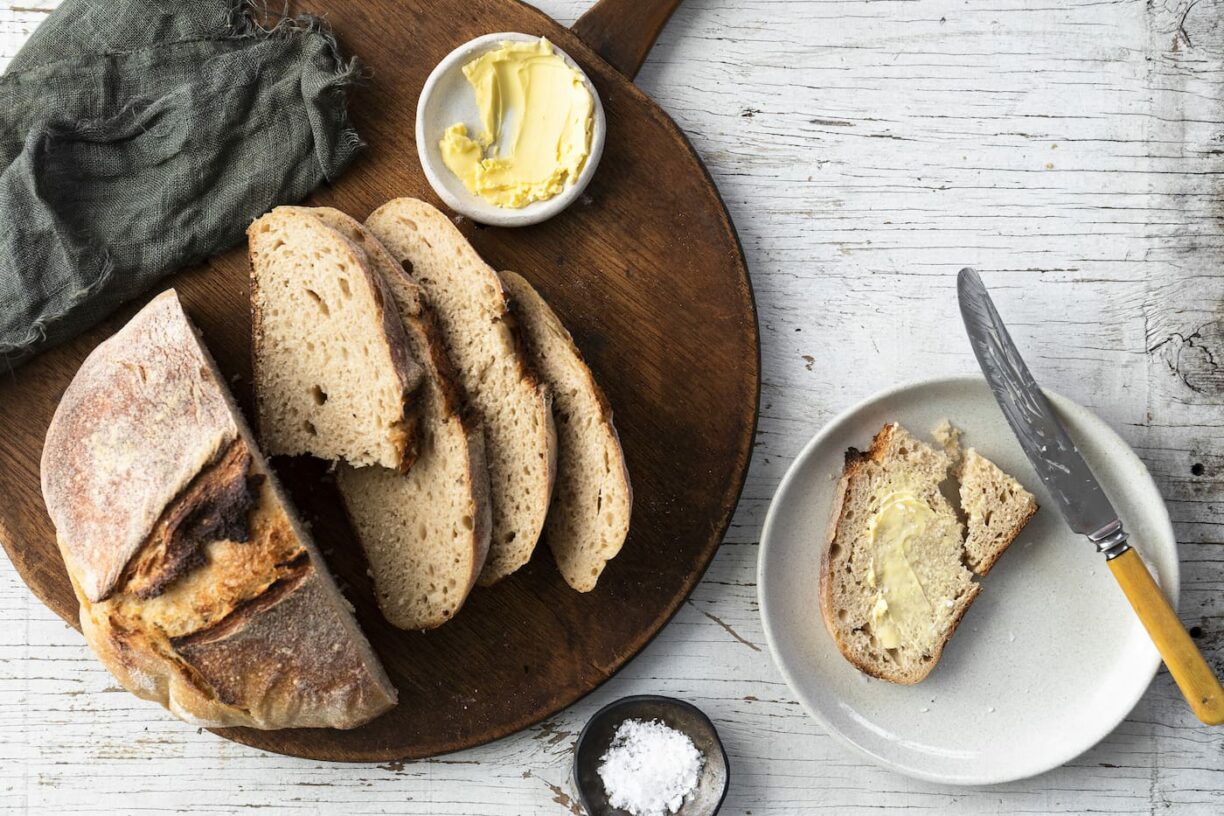
Wholegrain Bread: “Getting more fibre into our diets can support our gut health, feeding the good bacteria that live there and which send messages to our brain to enhance our mood.
They also play an important role in helping serotonin production. Carbohydrates are a key part of a healthy, balanced diet and provide sustained energy – not getting enough, particularly of the wholegrain sort, can lead to feelings of tiredness, irritability and low mood.”
Rhiannon also suggests steering clear of sugar, with one easy switch being to swap your soft drink for a Remedy, which is free from sugar, naturally.
“There is nothing wrong with sugar in moderation, but excess can start to have an impact in your mood and, depending on the shape or form it comes in, impact your blood sugar levels, causing energy crashes.
Try to keep sugar within the 30g free sugars – the sugars that are added to foods, or are naturally present in some food sources – in the diet recommendation a day.
If you’re looking for an alternative, I recommend reaching for dark chocolate and some fresh berries, which can give you additional antioxidants and fibre that can help to support your mood.”
Remedy is the UK’s No1 Kombucha brand.
To find your nearest stockist or to buy online, visit Remedydrinks.com.



